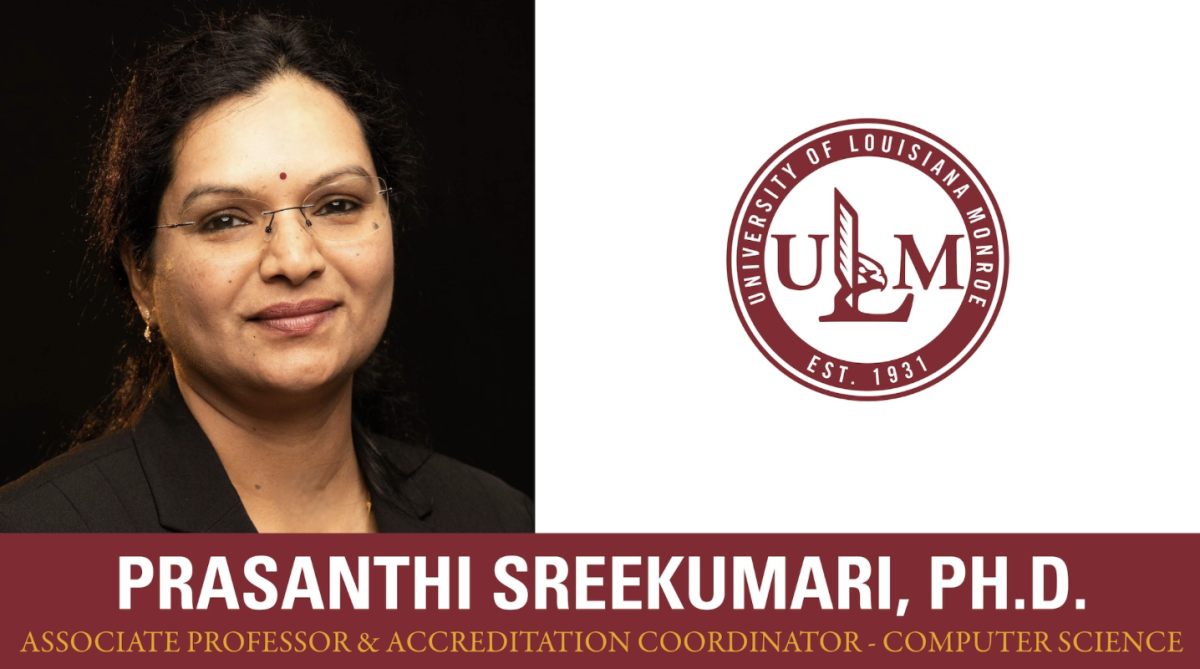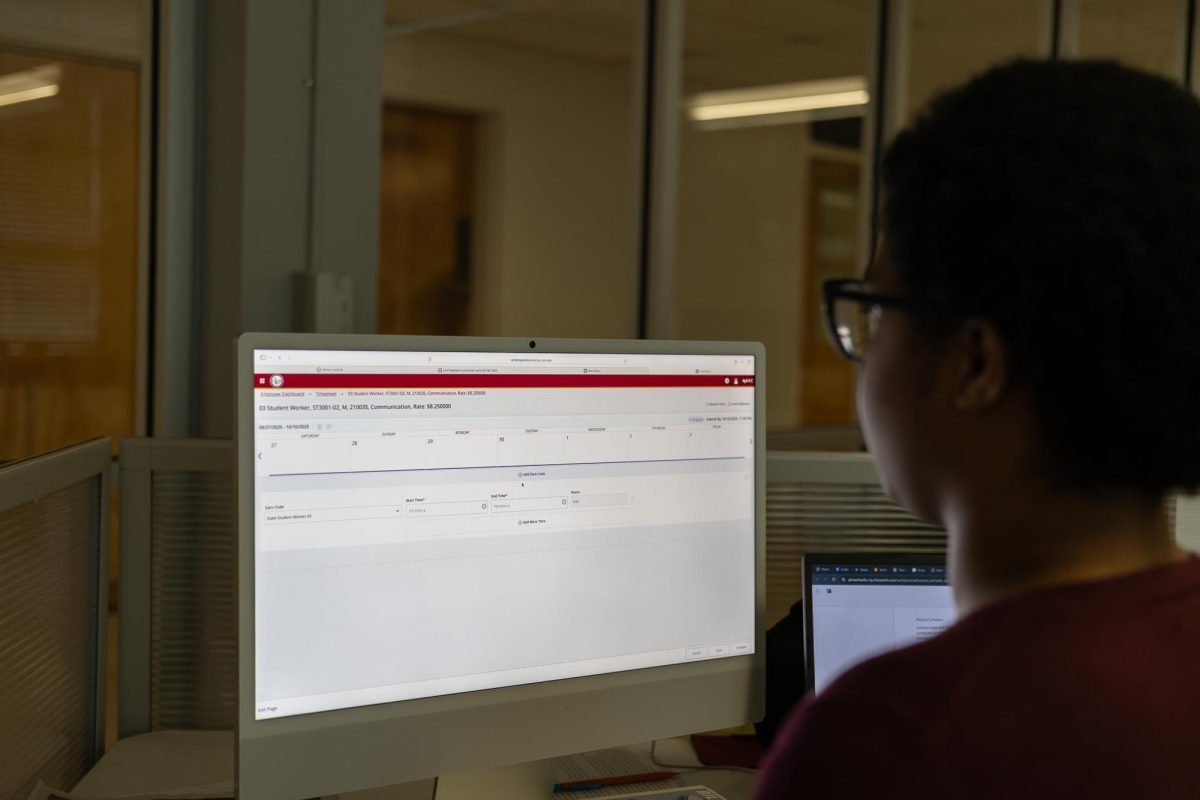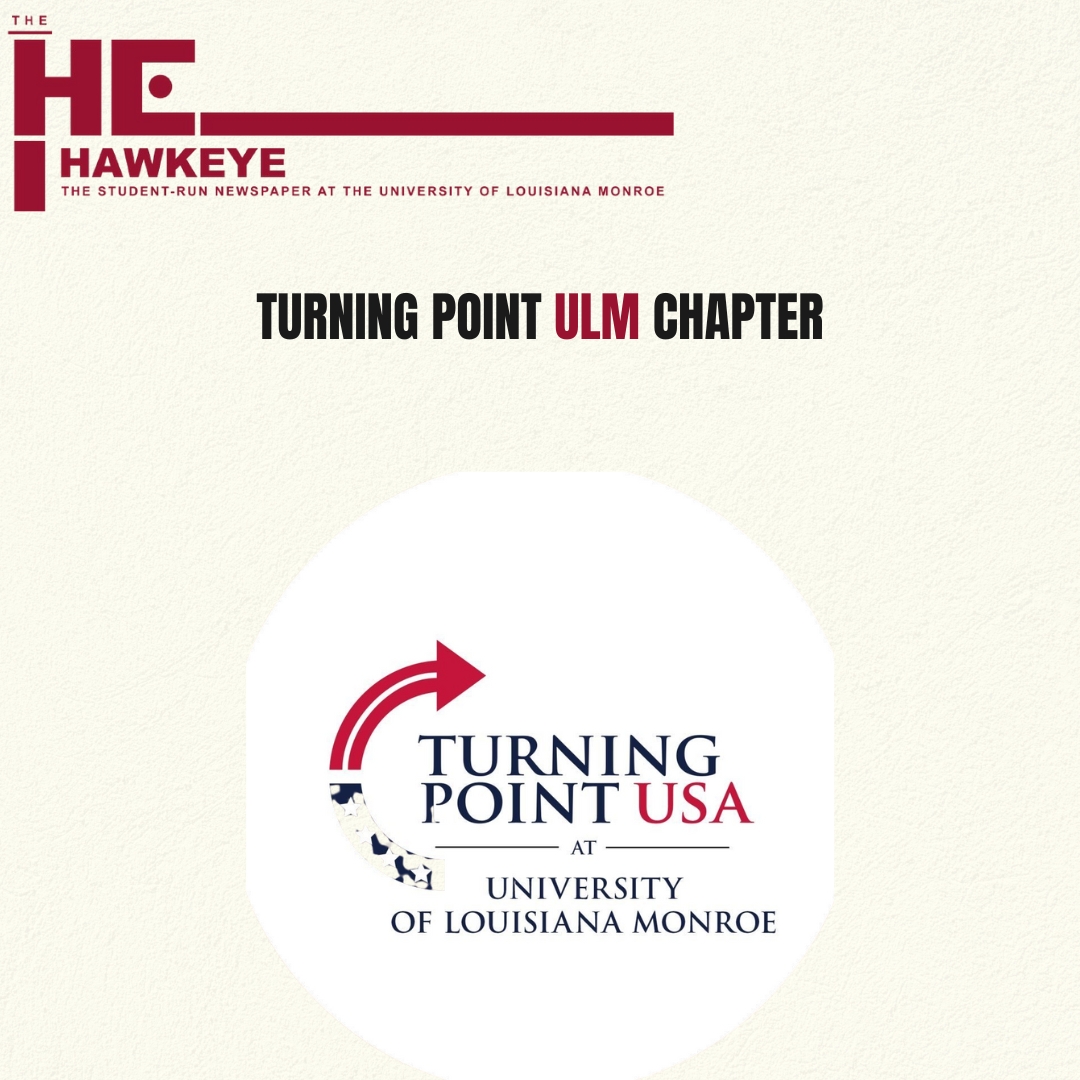Facebook, Twitter and other social media sites have become saturated with people commenting on the presidential debates and other political issues. Some see the flurry of political rhetoric as an exercise in the political process by some. Others find it to be annoying.
Michael McVay, a freshman nursing major, is one of those people who has posted political statuses in the past few weeks.
“[I posted] so I can support my candidate, and I can express my opinions,” said McVay.
McVay also said he estimates about half of his Facebook friends have posted political statuses, which he sees as a good thing.
“Regardless if it is both ways, at least we’re all voting and we’re all expressing our opinions,” said McVay.
Although some students, view the posts on Facebook and Twitter as a positive influence on the election, there are some who do not.
Students like Kaleb Hanson, a freshman kinesiology major, see all of the tweets and Facebook posts as a negative influence on the election as a whole.
“Most of it is kind of ignorant,” said Hanson. “I just feel like no one pays attention to what really is the deal. Everybody is just saying what everyone else is saying, and nobody really has their own opinion.”
Hanson also said he doesn’t think the political posts have much of an influence. He said political statuses may help get a candidate’s opinions and views out, but it doesn’t effect the actual race very much.
Christine Mayberry, a senior nursing student, disagrees and said she believes the political posts on Facebook and Twitter do have a big impact on the presidential race.
“I think that’s really helpful to the young people who really aren’t involved with the election until they see other friends posting about the election or watching the election and they get interested in it, which will persuade them to get out and vote,” said Mayberry.




